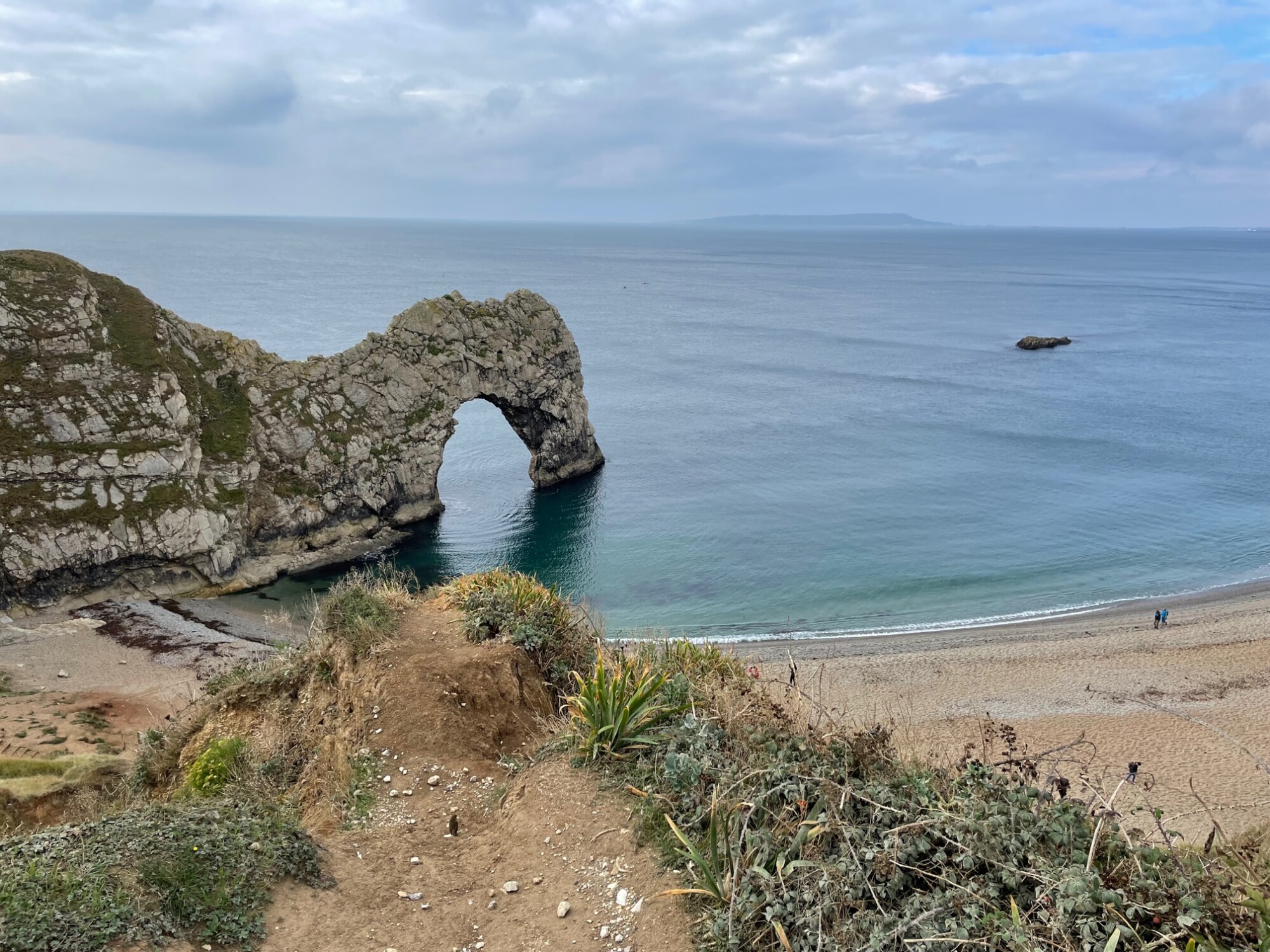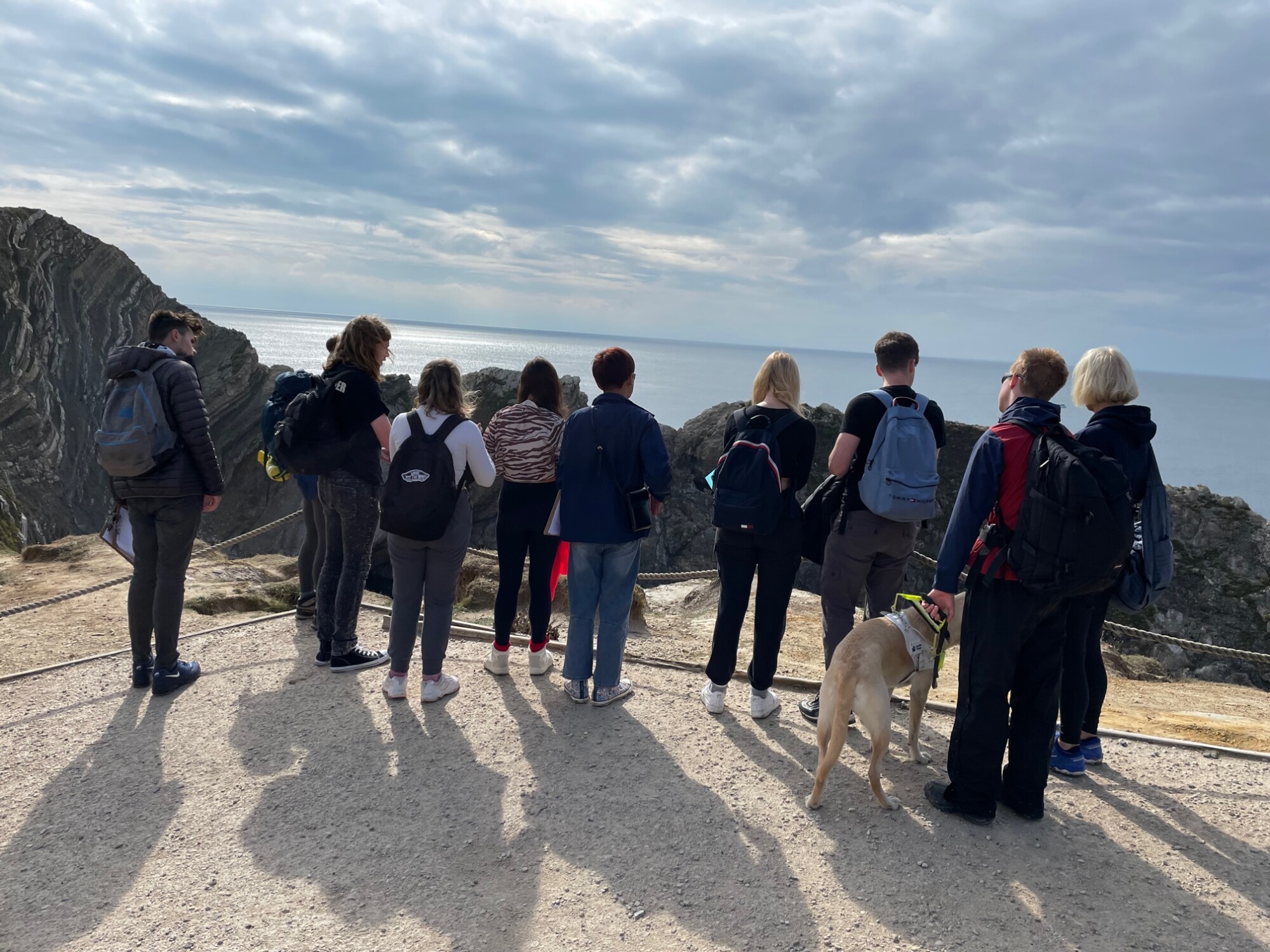What are the key features of the programmes of study?
Geography provides our students with a variety of topics, which builds on their knowledge of the world around them. Through Years 7, 8 and 9 our students will focus on a range of topics, which cover both human and physical geography, with, field work opportunities in each year. All lessons have been designed to teach the necessary skills and content needed at GCSE and for the future. We strive to stimulate our students and take into account individual needs through a range of activities, therefore developing an interest in the world in which they live. Finally, we ensure that we cover a number of local and global geographical issues, which directly affect our students.
What will my child study in Year 7?
Students will study: Introduction to Geography and the world around us, Map Skills, Climate Change and Resources Reliance.
What will my child study in Year 8?
The students study: Distinctive Landscapes (Glaciated, Fluvial and Coastal), Urban Futures and Sustainable Ecosystems.
What will my child study in Year 9?
The students will study: Global Hazards (Geology, Soils and Natural Hazards), World Development and start their GCSE course in the summer term. This will include UK in the 21st Century.
How is my child assessed?
At Key Stage 3 all students conduct one assessment per unit of work, or one assessment per half term. Again, these are varied and assess a range of different skills. Students will conduct these assessments in lessons through different formats (exam and fieldwork assessment). Students will also conduct some of the assessments individually and in groups.
How are the groups organised?
All students are taught in mixed ability groups.
What equipment is needed?
No specialist equipment is required for Geography. Exercise book (provided by department), pen (blue or black), purple pen, pencil, ruler and eraser.



